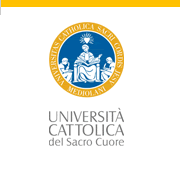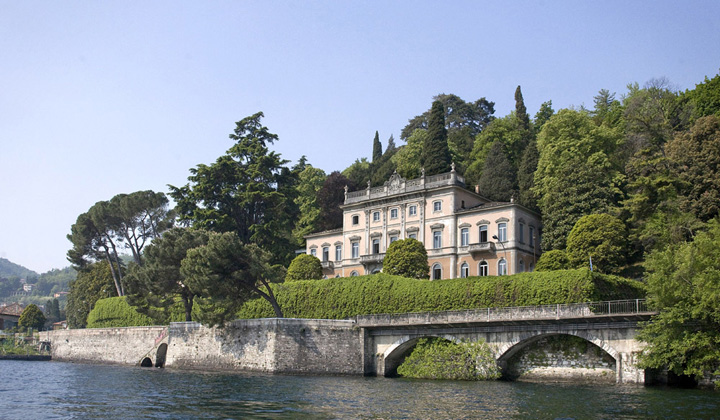ABS14 - 2014 Applied Bayesian Statistics School
APPLIED BAYESIAN NONPARAMETRICS
Villa del Grumello, Como, Italy
June, 16-20, 2014


| |
ABS14 - 2014 Applied Bayesian Statistics School
Villa del Grumello, Como, ItalyJune, 16-20, 2014
|
 |
|
|
|
The Applied Bayesian Statistics summer school has been running since 2004. From 2012 it is organized by
This year the school is organized in cooperation with Centro di Cultura Scientifica "Alessandro Volta"
The school
aims to present
state-of-the-art Bayesian applications, inviting leading experts in
their field. Each year a different topic is chosen. Past editions were
devoted to Gene Expression Genomics, Decision Modelling in
Health Care, Spatial Data in Environmental and Health Sciences,
Bayesian Methods and Econometrics, Bayesian Decision
Problems in Biostatistics and Clinical Trials, Bayesian
Methodology for Clustering, Classification and Categorical Data Analysis,
Bayesian Machine Learning with Biomedical Applications, Hierarchical
Modeling for Environmental Processes, Stochastic Modelling
for Systems Biology and Bayesian Methods for Variable Selection with Applications to High-Dimensional Data.
The topic chosen for the 2014 school is Applied Bayesian Nonparametrics. The lecturers are:
Professor Michael
Jordan,
Department of Electrical Engineering and Computer Science and
Department of Statistics at the University of California, Berkeley, USA.
Professor Francois Caron, Department of
Statistics, University College Oxford, UK.
Bayesian
nonparametrics is the branch of Bayesian analysis in which the prior is
specified not in terms of a distribution with a fixed set of
parameters, but rather via a stochastic process---an infinite
collection of random variables. The infinite nature of
nonparametric models creates both opportunities and challenges.
The opportunities are those of flexibility and
robustness---nonparametric approaches supply open-ended sets of degrees
of freedom to models, allowing new phenomena to be captured as data
accrue, and they often require weaker a priori assumptions than
classical parametric models. On the other hand, the challenges
are those of exerting statistical control on the degrees of freedom so
that models find signal rather than noise and those of finding
effective computational procedures for manipulating stochastic
processes under operations of conditioning and marginalization.
Much of the recent growth in interest in Bayesian nonparametrics is
driven by the needs of applications. In particular, data in
emerging domains such as document modeling, social network analysis,
image processing and natural language processing present many of the
features that Bayesian nonparametrics aims to capture.
Accordingly, our development of the field will be application-centric,
with models motivated by real-world problems.
The school will make use of lectures, practical sessions, software demonstrations, informal discussion sessions and presentations of research projects by school participants. The slides and background reading material will be distributed to the students before the start of the course.
The course will involve both lectures and practical sessions with Matlab/Octave.
The
prerequisites for this course will
include basic knowledge of algebra and calculus, probability,
statistical modelling, and data analysis. Some background on Bayesian
analysis and the basics of MCMC is desiderable. This course will be
beneficial to graduate students, post-docs and researchers both from
academia, government, and industry whose area of activity is
Statistics.
Participants are expected to bring their
own laptop with recent versions of Matlab or Octave, in order to
actively participate in the practical sessions.
The Octave language is quite similar to Matlab so that most programs
are easily portable. Octave is distributed under the terms of the GNU General Public License. All information about GNU Octave can be found here.
The 2014 school will be held at
Villa del Grumello,
a magnificent villa located in the city of Como,
along the Lake Como shoreline.
Please note that the number of available places is
limited.
The school will start on Monday, June,16th, and it
will end on Friday, June, 20st . Welcome
buffet and farewell dinner are planned on June 16th and 19th,
respectively, as well as two lunches on June, 17th and 19th.
Participants will have a free afternoon on June, 18th.
The registration fees (for payments
before April, 1th, 2014) are:
Meals, snacks and drinks are available nearby and they are the
participants' responsibility.